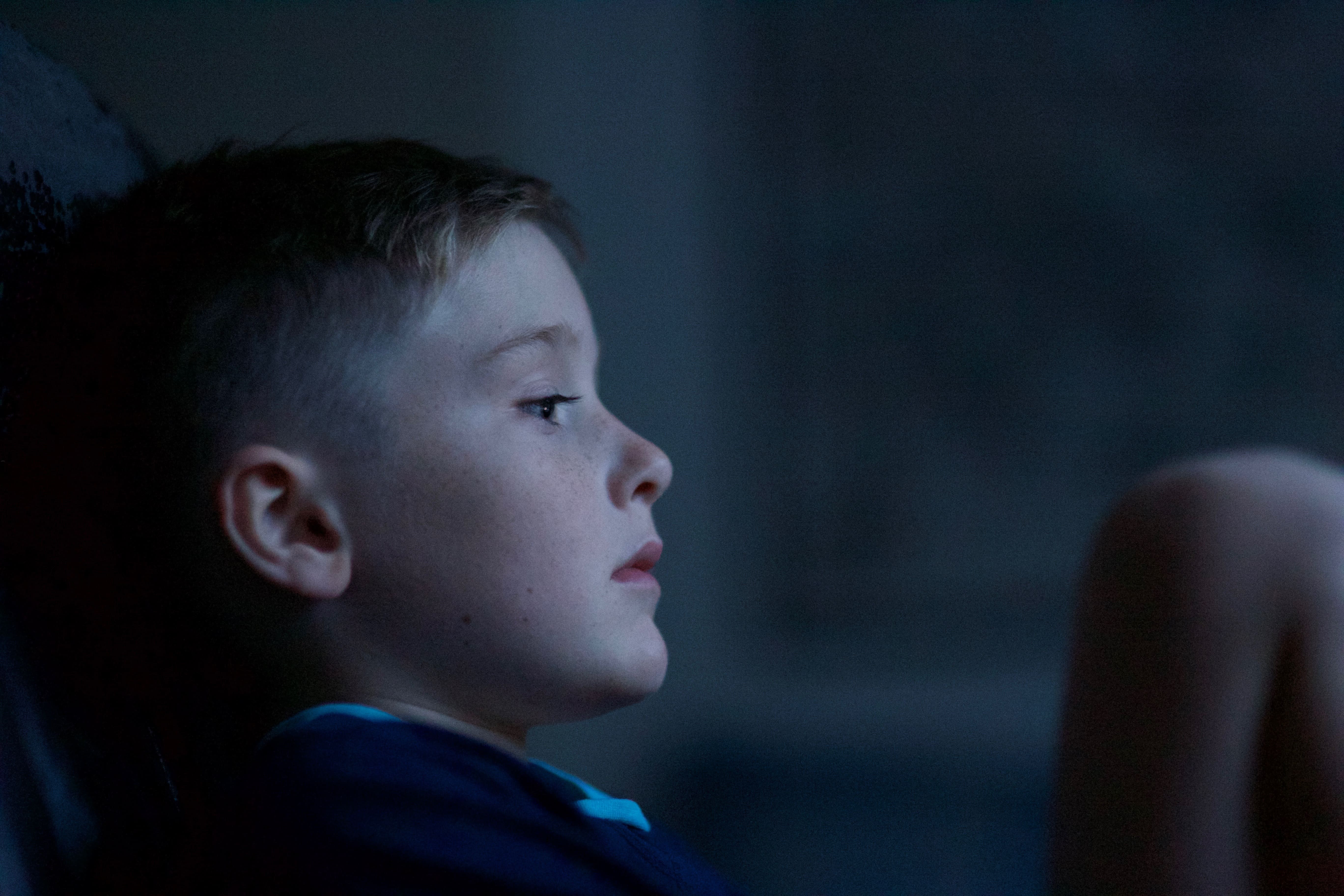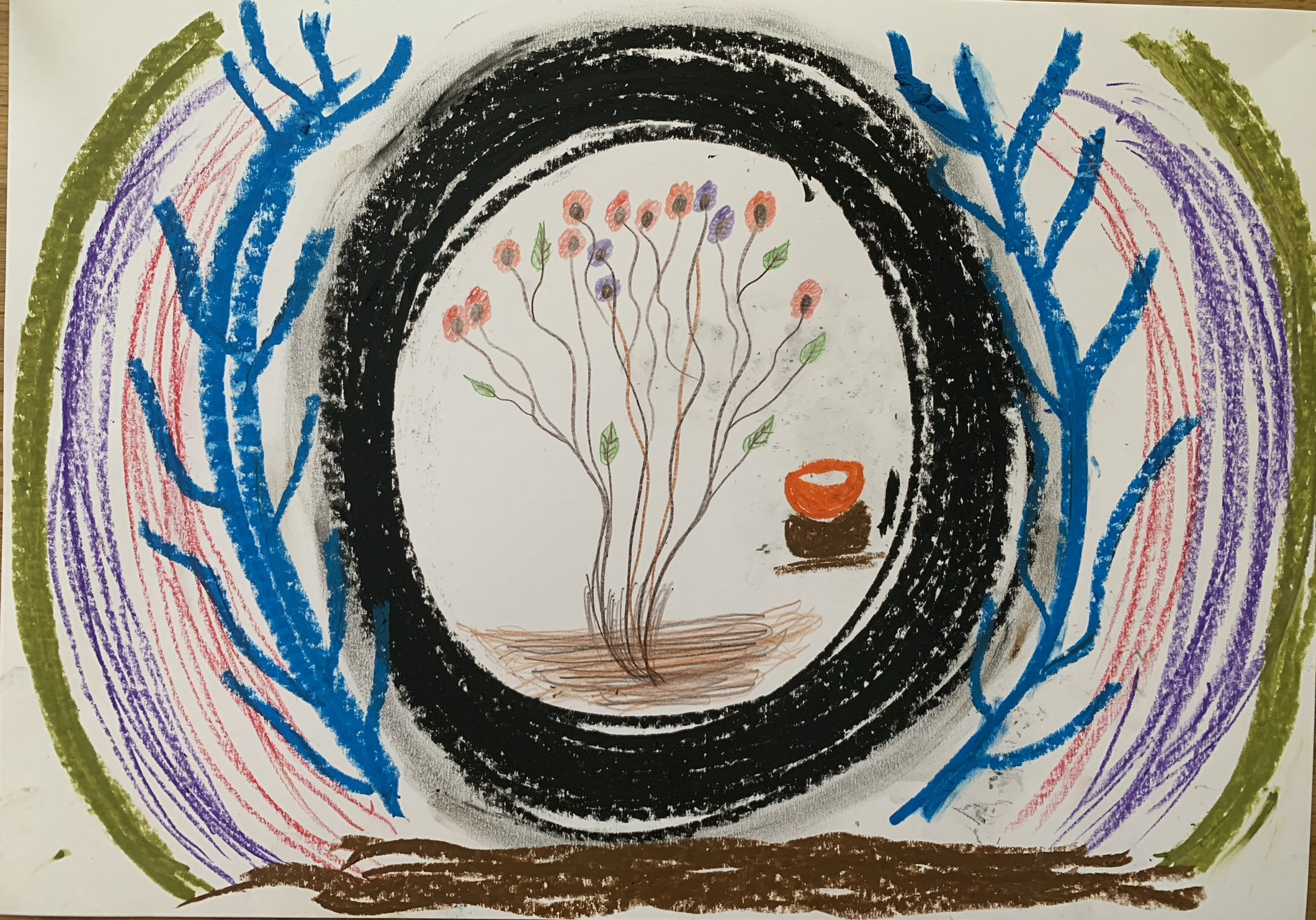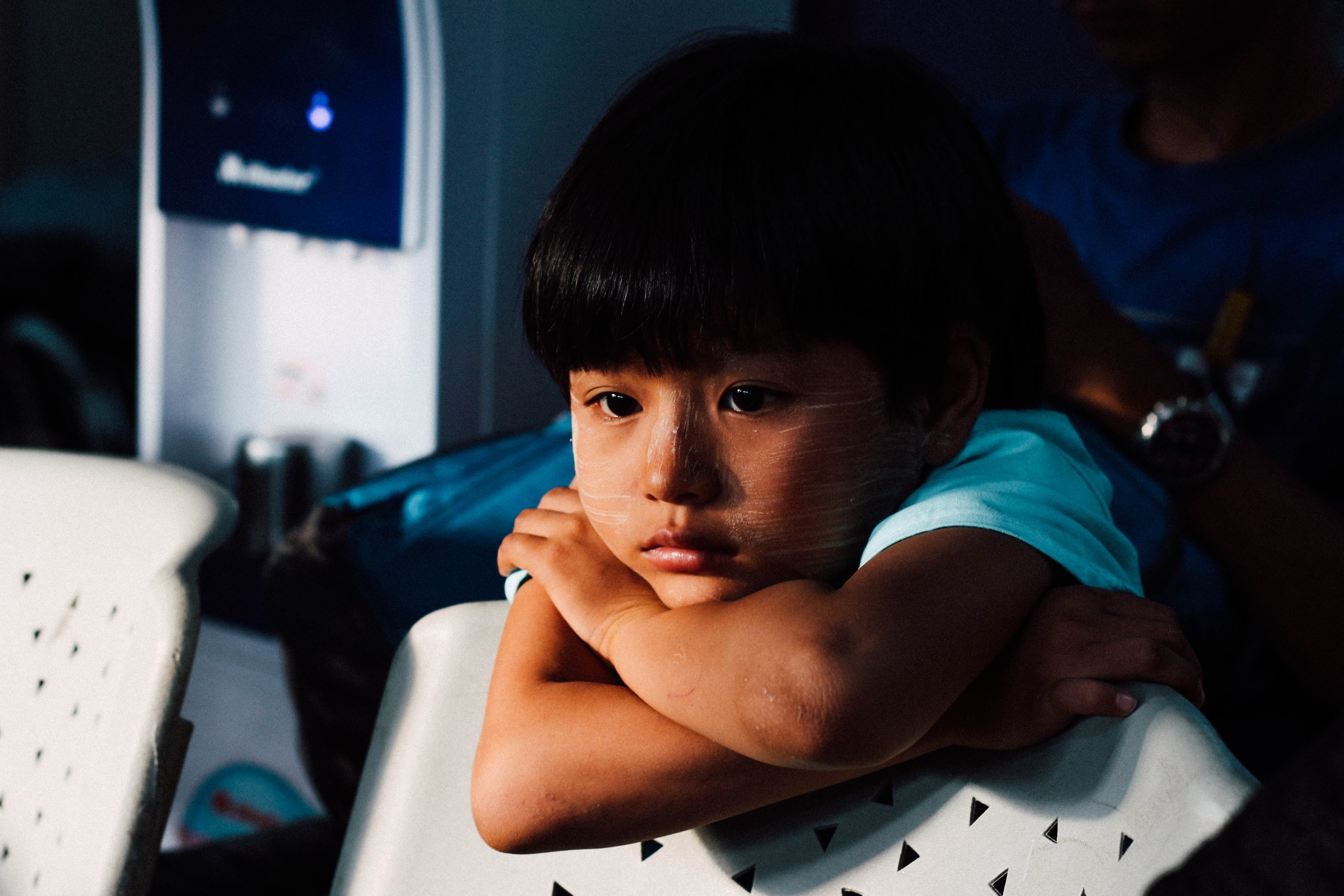The word 'trauma' occupies a specific place in our cultural imagination, where it is largely seen as something so big that it only affects someone 'out there', people we do not know or may never come across. It also captures a sense of humility when one comes across a person who suffers from trauma. But the reality is that trauma impacts more people than we could imagine. We cross paths with trauma survivors in supermarkets, at work places, in the gym and in social events, without knowing the story of the person behind a gentle smile or the hurt behind an aloof face.
Trauma is an experience where one's dream to be alive and to be loved breaks apart. Trauma is a piercing pain running through the reaches of one's breath. Trauma is the quiver one feels through the muscles and nerves in one's body simply from the act of wanting to fall into sleep. Trauma is the hesitation in bringing one's true feelings or dreams into words because of the fear that one might be attacked any moment.
Although the word 'trauma' occupies the associations of Post-Traumatic Stress Disorder (PTSD) in popular thinking, the kind of trauma I am writing about is the one where character-by-character, the story of one's childhood will fall apart if the symptomatic rage that it creates were allowed to run free. Childhood trauma impacts more people than we recognise, and it leaves a lasting impact on the brain, body, nervous system, relationships and livelihoods of those who survive it.
What is complex trauma?
It is worth defining what I refer to as 'childhood trauma' because this term can be so colloquial and subjective that we can lose the sight of its impact. In academic literature, this is often known as 'complex trauma' (Arnold & Fisch, 2011) or 'small t traumas' (Wallin, 2015) .
It is known as 'small t traumas' because it is an accumulation of small experiences spread out over a period of time in a child's development that overwhelm and exceed the capacity of his brain, body and the nervous system to deal with it. These experiences subsequently activate the 'animal defence survival responses' (Fisher, 2017) within a child, such as flight disappearing in fantasy , fight throwing things or screaming in pain , freeze going numb and disconnecting from the body and fawn pleasing the abuser to avoid further abuse .
Complex trauma can be caused by experiences where a child is repeatedly subjected to events such as: humiliation, molestation, bullying, domestic violence witnessing or experiencing , prolonged neglect, and emotional or sexual abuse etc. Any such experience that threatens the physical or psychological integrity of a child, is an experience that will get stored in the brain with a life of its own such that it will make its way into one's consciousness over and over again through the means of body sensations, nightmares, conscious remembering and sudden bouts of fear, anxiety or numbness.
Working with trauma survivors
Honouring the story of 'survival', as taught by (Fisher 2017) , is the key when I start working with trauma survivors in the therapy room. Paradoxically, survival is both a human tragedy, when we think of what had to be survived, and a blessing.
Tragedy because the beautiful minds and bodies of little humans, children that we all once were, are not equipped to deal with threat that they face from significant-others such as their parents, siblings or peers.
Blessing because we might question from a transpersonal perspective: what is it in that little human that guides them to find their way out of it and still stay alive and breathing in their twenties, thirties, or even later when they first come to therapy?
The aftermaths of complex trauma often show up in adult clients in psychotherapy as follow:
- Difficulties in sustaining friendships or intimate relationships because one feels that one might be emotionally or physically attacked any minute, 'just like' one's parents or siblings did
- Difficulties in concentrating or focusing in one's studies or work tasks because one quite often feels 'on edge'
- Difficulties during variable periods of time in falling asleep; waking up in the middle of the night by light sounds with a racing heartbeat
- Feeling unsafe around people who love us because in one's story as a child - love, gratitude, affection and humour often became entangled with humiliation, violence or abuse
- Finding it difficult to take space in a work meeting and talk about one's work because of the unconscious fear of abuse or punishment
- Finding jokes or humour as disturbing, and then cutting oneself off from the person who shared them
- Difficulties staying in one job because of the underlying fright of being emotionally abused sooner or later
When I hear people’s stories of surviving childhood trauma, I sometimes hear of anecdotes where a man might be told by his friends to ‘man up’ and ‘get on with your life’; and where a woman might be told by her friends to ‘grow up’ and ‘stop being so needy’.
Whilst most friends mean well and want to see their friends get better, what people do not realise is that trauma does not disappear. What happened five, 10, or even 30 years ago is not simply the past: it is an invisible injury that lives inside a survivor’s brain and body, and replays over and over, as shown by brain scan studies (Van der Kolk, 2015), until it is resolved. Equally, some individuals survive trauma by believing that they are ‘now’ strong enough and that ‘it was nothing’.
We live in a fortunate time where a large volume of research has been carried out on the impact, symptoms and treatment of childhood trauma. There is now hope that the survivors of childhood trauma can get better, and go on to live lives filled with hope, humility and beautiful dreams.
If you are looking for a psychotherapist to work through your childhood trauma, you just need to ensure that your therapist has specialist training in trauma treatment.
References
Arnold, C., & Fisch, R. (2011). The Impact of Complex Trauma on Development. Plymouth: Jason Aronson.
Fisher, J. (2017). Healing the Fragmented Selves of Trauma Survivors: Overcoming Internal Self-Alienation. Oxford: Routledge.
Van der Kolk, B. (2015). The Body Keeps the Score: Mind, Brain and Body In the Transformation of Trauma. London: Penguin Books.
Wallin, D. J. (2015). Attachment in Psychotherapy (Paperback ed.). New York: The Guilford Press.







